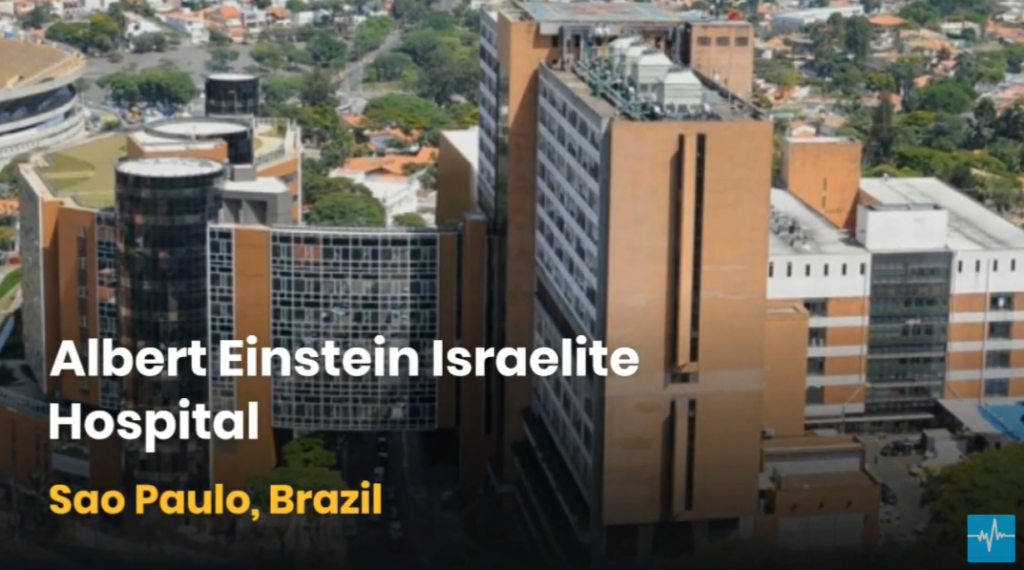The Albert Einstein Jewish Brazilian Hospital in São Paulo has initiated a quantum computing research program to support pharmaceutical development, genomics, and diagnostic innovation. The project is led by UNESP professor Felipe Fanchini and aims to establish a dedicated quantum group within the hospital’s research center, leveraging quantum methods to address biomedical problems through collaboration across physics, engineering, and data science.
The initiative includes a partnership with the startup QuaTI, co-founded by Fanchini, which is applying hybrid quantum-classical machine learning and optimization algorithms to model extreme weather conditions. A prototype rainfall data station has been deployed in São Carlos, Brazil, as part of a system for forecasting high-impact climate events like regional flooding. The algorithms are designed for execution on noisy intermediate-scale quantum (NISQ) hardware, integrating classical preprocessing to mitigate errors and extract useful signals.
By combining domain-specific healthcare challenges with hybrid quantum pipelines, the effort represents a growing model for quantum-classical integration in real-world problems. The project also highlights increasing Latin American participation in quantum research, and its potential to bridge gaps in regional infrastructure and scientific independence.
Read more in a post from Agência FAPESP here.
April 4, 2024
